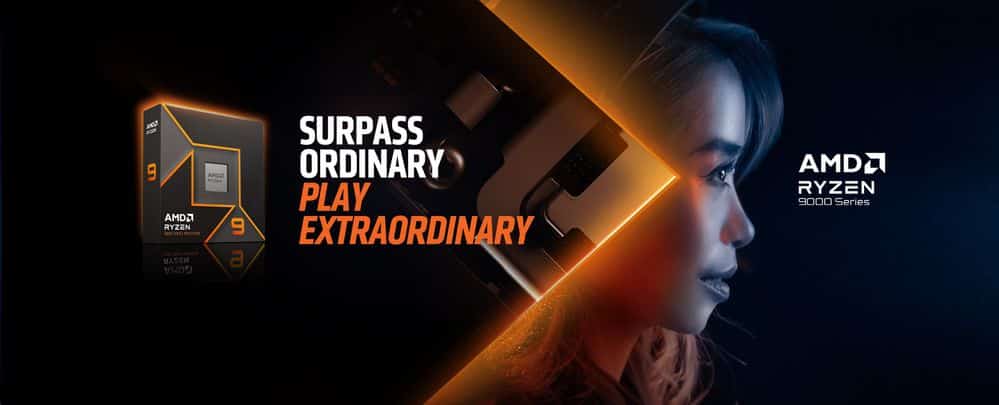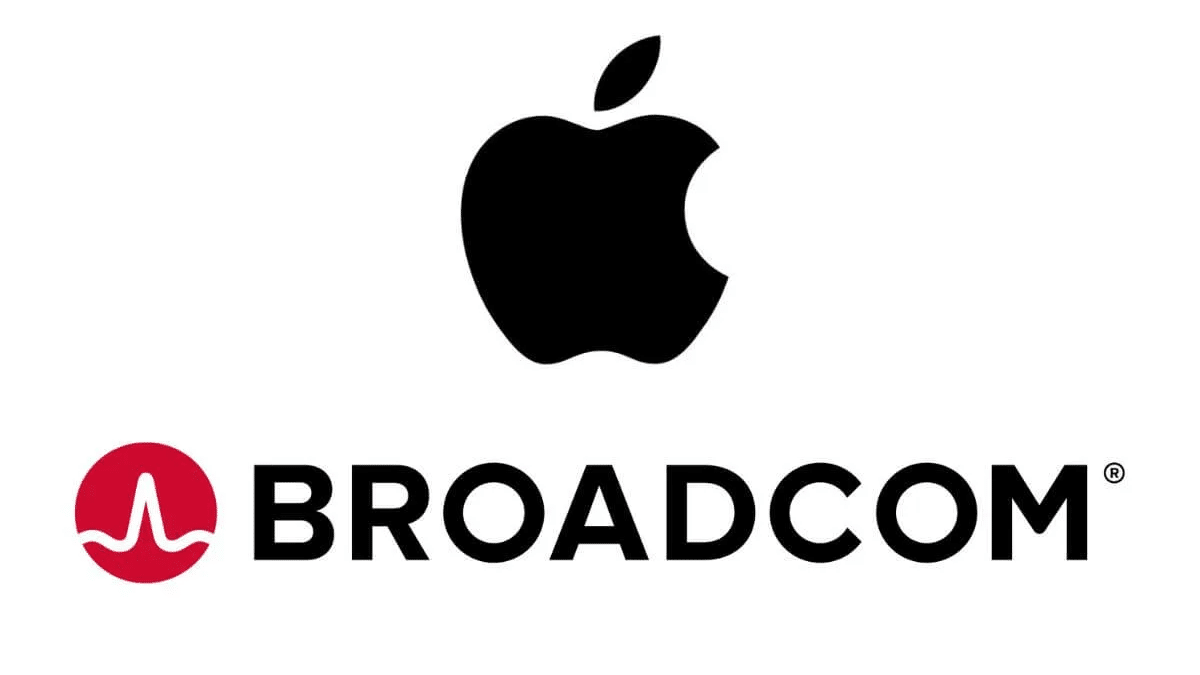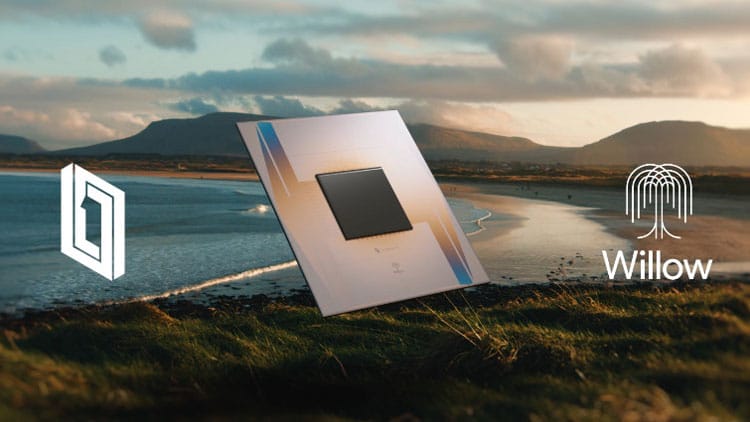The new “Zen 5” architecture, first introduced in high-end laptops earlier this summer, is now available in a full stack of desktop processors with the AMD Ryzen 9000 Series. While “Zen 5” delivers leadership performance across content creation, productivity, and AI applications, we’ve heard from the community that they, with good reason, expected even more gaming performance from the Ryzen 9000 Series than initial reviews show.
Community feedback is very important to us, and we have two relevant updates for you today:
Why AMD-generated gaming data differs from reviewer data: For our Ryzen 9000 launch, AMD internal labs generated data that showed a 9% average generational uplift in 1080P gaming versus Ryzen 7000 Series and an average of 6% higher performance across more than 30 games when compared against the competition’s best, not all reviews see these results, reflecting the complexity of high-performance PC testing today given the number of system and software variables. There are several factors specifically creating these differences in some Ryzen 9000 reviews:
-
-
- The AMD gaming test suite includes a broad set of esports, AAA, and popular older games, which are a combination of CPU—and GPU-bound titles. The test suite’s makeup can significantly influence game performance conclusions.
- AMD tested Intel configurations using comparable DDR5-6000 memory, and Intel default settings-baseline power profile, which can have a small impact on gaming performance.
- AMD also tests with Windows Virtualization-based Security (VBS) enabled. This is the default Windows behavior, and Microsoft recommends activating VBS to improve security; however, it can affect gaming performance.
- The “Zen 5” architecture incorporates a wider branch prediction capacity than prior “Zen” generations. Our automated test methodology was run in “Admin” mode, which produced results that reflect branch prediction code optimizations not present in the version of Windows reviewers used to test the Ryzen 9000 Series. We have a further update on accessing this performance for users below.
-
In light of this, the Ryzen 9000 Series delivers leadership performance across content creation, productivity, and AI applications. On a generational basis, Ryzen 9000 Series delivers a ~10% improvement in productivity and creative workloads, ~25% improvement in AI workloads, and 5-8% improvement in gaming over the Ryzen 7000 Series.
When compared to the competition using optimal settings, higher memory speed, and an extreme power delivery profile for the competition and Windows 11, version 24H2 for both (see details below), we see a double-digit lead for Ryzen 9000 Series in productivity and creator applications, ~ a 30% lead in AI workloads, and parity in gaming using the most popular games included in the reviews.
- Further enabling advanced “Zen 5” architecture: For “Zen 5” users, here is our recommendation for unlocking the best performance. Optimized AMD-specific branch prediction code will be available in Windows 11, version 24H2, in preview through the Windows Insider Program (Release Preview Channel – Build 26100) or by downloading the ISO here. While performance will vary based on the application and configurations, below is a sample of what you can expect to see with 24H2 on Ryzen 9000 desktop processors:
|
|
Ryzen 9 9950X 24H2 |
Ryzen 9 9950X 23H2 |
Performance Delta |
|
Far Cry 6 |
183 |
162 |
+13% |
|
Cyberpunk 2077 |
200 |
188 |
+7% |
|
Hitman 3 |
358 |
347 |
+3% |
|
Watch Dogs: Legion |
165 |
165 |
No change |
|
Cinebench 2024 Single Thread |
140 |
140 |
No change |
|
Procyon Office |
10,288 |
9,829 |
+6% |
Game performance is shown as average FPS, 1080p High
“Zen 5” will see the biggest boost, but this Windows update will improve performance for “Zen 4” and “Zen 3” as well. We’re collaborating with Microsoft to roll out this optional update to all Windows 11 users soon.
We also want to acknowledge and thank the reviewer community for all their testing and feedback. Many of their observations are helping accelerate our work developing future AMD Ryzen firmware updates that will benefit Ryzen 9000 users. We also want to hear about your experiences with the Ryzen 9000 series from the community. As we have done with every new architecture, we will continue using community and press feedback to tune, optimize, and deliver the best possible performance to Ryzen customers.


